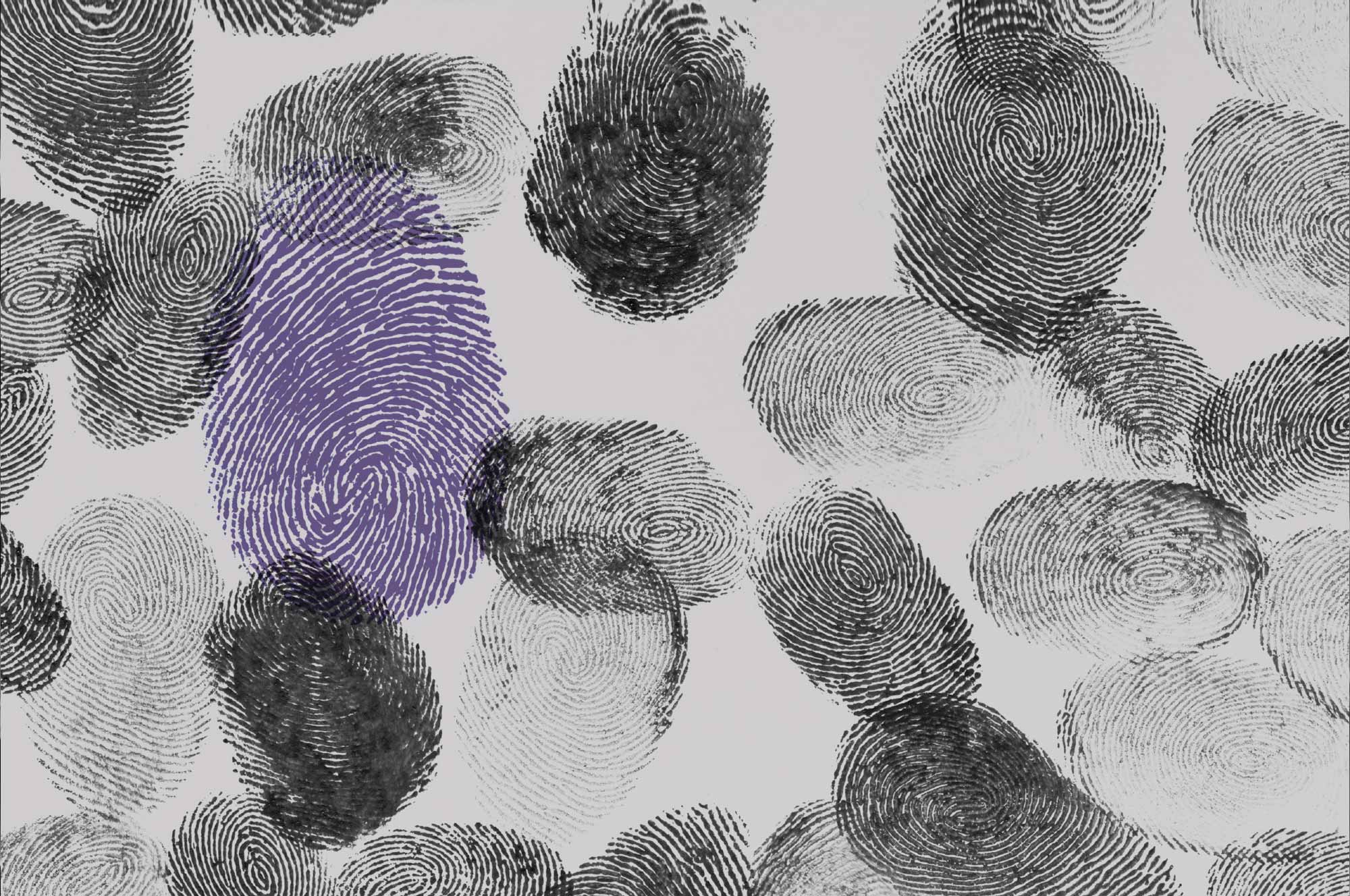Combating sexual abuse and sexual exploitation of children and child pornography
Like any other internet content, child pornography is easily moved from server to server.
EU legislation could limit this practice by prosecuting purveyors of child pornography under criminal law.
Since networks of child pornography production and distribution are often international organisations it is important to set European standards for penalties.
Combating online child abuse means countering criminal activity on the internet, so the right balance has to be struck between prosecuting criminals effectively and safeguarding internet freedom.
What was the Greens' position?
The Greens believe that Europe needs to adopt measures to combat child pornography.
We argued strongly in favour of deleting – as opposed to merely blocking – criminal websites. Deletion is a far more powerful instrument because it removes content instead of merely making it more difficult to access.
We also focussed squarely on the offline situation, the actual domain where child abuse occurs.
Furthermore, we tried to convince other groups in Parliament of the need to adopt measures to combat sex tourism and offline grooming, not just to take steps against online grooming.
Did other MEPs accept the Greens' position?
The Greens succeeded in building a strong majority in favour of the deletion of websites that distribute child pornography.
This majority forced the Commission to amend its initial proposal and impose Parliament's position on the Council.
We also succeeded in introducing an amendment designed to prevent convicted child abusers from working in direct contact with children.
We were satisfied with the unusually precise definition of penalties.
Which points did the Greens lose?
Despite Parliament's backing, the Greens were unable to defend Parliament's insistence that a consistent approach be taken regarding both online and offline crimes.
The Member States opposed the adoption of preventive measures to combat sex tourism and blocked Parliament's attempt to criminalise offline grooming, which remains just as frequent as online grooming.
In addition, Parliament's definition of the subject matter was dropped. Parliament had a clear preference for referring to "child abuse images or material" and thereby establishing a clear distinction between adult pornography, involving consenting adults, and child pornography, which always constitutes abuse.
Procedure:Ordinary legislative procedure
Reference(s):2010/0802(COD)
Lead MEP:Roberta Angelilli (EPP)
Green MEP responsible:Jean Lambert
Voted:27.10.11
Staff contact:Georgia Tsaklanganos (Email)
Outcome of the vote
Below you find the results of the final vote in plenary. How did the political groups vote? What about national delegations? And what was the position of your MEP?
